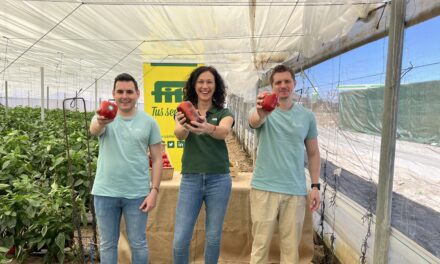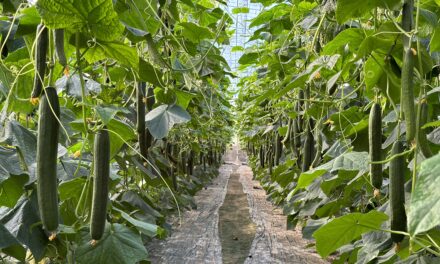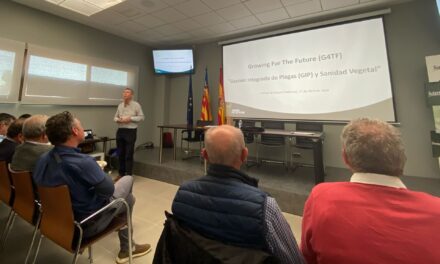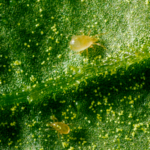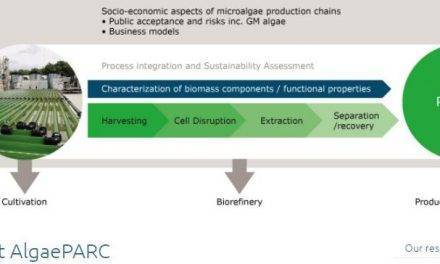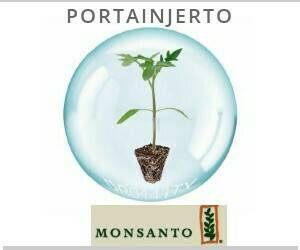
Gas sensors could detect and monitor early soft rot development in potatoes with considerable accuracy

By Massimo F. Rutoloa et al., Postharvest Biology and Technology
Soft rot caused mainly by the bacterium Pectobacterium carotovorum is a major cause of potato post-harvest storage losses. This work reports on pre-symptomatic detection and monitoring of soft rot under laboratory and commercial research store conditions by means of an array of gas sensors (specifically metal oxide, electrochemical, photoionization and non-dispersive infrared).
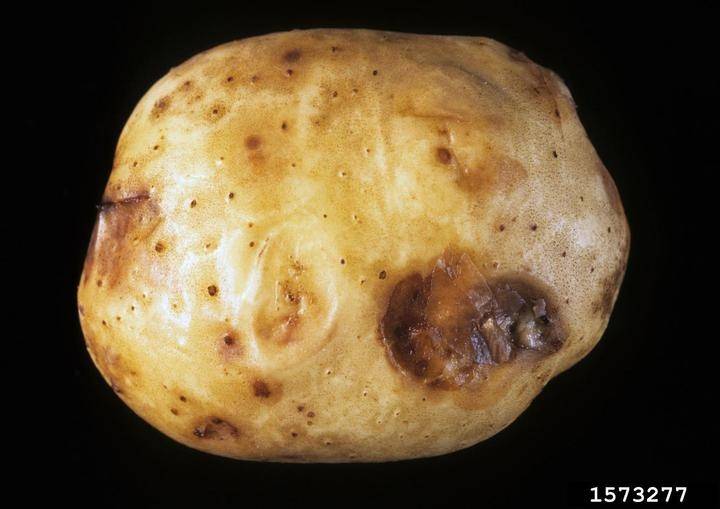
Two different types of time course experiments were completed.
The first set of experiments, under laboratory conditions, evaluated a prototype instrument with various representative sample types for different stages of disease progression in potato tubers. This allowed for optimisation of all parameters for subsequent testing in a potato store.
The second set of experiments evaluated an optimised sensor array for soft rot monitoring under realistic potato store conditions.
Results showed that a number of gas sensors could detect and monitor early soft rot development with considerable accuracy.
Source
The use of gas phase detection and monitoring of potato soft rot infection in store
Massimo F. Rutoloa, John P. Clarksonb, Glyn Harperc & James A. Covingtond
Postharvest Biology and Technology, Volume 145, November 2018, Pages 15–19
https://doi.org/10.1016/j.postharvbio.2018.05.016
*Picture 1573277 by Gerald Holmes, California Polytechnic State University at San Luis Obispo, Bugwood.org, IPM Images

